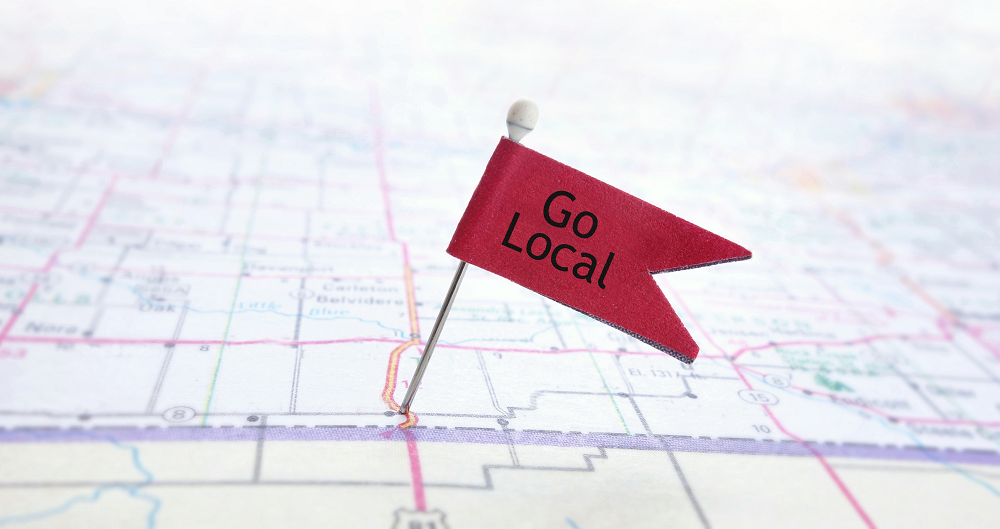The number of apps just keeps growing, both free and paid. These apps are international. Everyone wants to use them, but they do have to know how to use them. That means the instructions have to be translated by a proficient professional translation service. It’s not just a matter of straight translation, either. Apps should be localised. That means adapting the language to suit the people who are using the particular app.
Apps come and go, but they arrive faster than they disappear. The website, Statistica, estimates that the number of paid for apps this year (2016) is likely to be around 13.5 billion. Free apps are over 10 times as many, with 211 billion downloads!
As Statistica reports, the value of these apps, new and old, it’s not just the monetary value of what they are sold for, or the software they enable, it’s what the users get out of it. The better they are translated, and the more they are localised, the greater will be the value to the users of these apps.
One might ask why translation alone is insufficient. There are several answers to that question. Space is one issue. Space on an app is limited, but languages are not all the same when it comes to conveying meaning. Some languages need twice the space as others just to say the same thing. Then there are the differences in orientation. Some languages read from right to left, while others read from left to right! Others again read from top to bottom, while others are horizontal. There is no way that the language of apps can be completely standardised.
There are other challenges for the professional app translators. There are differences in time and other units like temperature and length, let alone currency. Even different English language countries use different units i.e. metric in Australia and Canada, while the U.S. and many Caribbean island nations use Imperial units.
Great professional translators do need to take on localisation seriously, or the app can turn into a sensitive issue. There are some aspects of culture that cannot be literally used in every society as they may be inappropriate or downright rude. Translators must be aware of the cultural specificities of the target market for the particular app language they are translating or mistranslation is likely and that could mean a failed app and a brand going down the gurgler.




